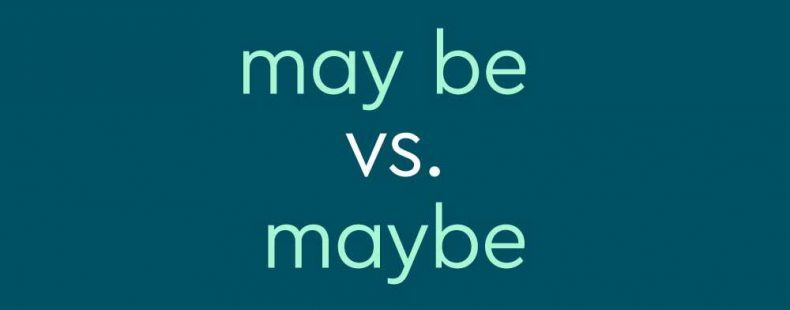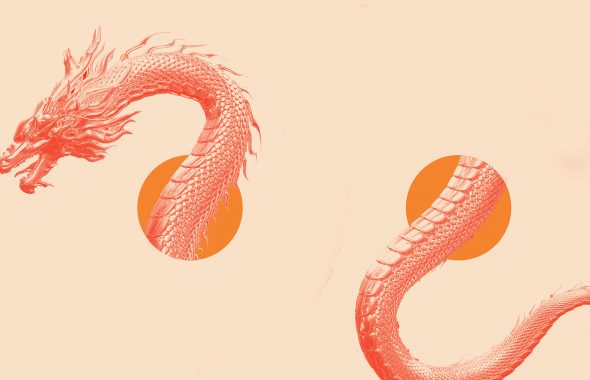You may be confused about the difference between maybe and may be. Or maybe you’re not. Either way, one space can make the difference between a verb meaning “might be” and an adverb meaning “possibly” or “perhaps.”
In this article, we’ll break down why that space matters so much, and we’ll give you some examples to show exactly what the difference is, as well as tips and tricks for remembering when to use each one.
⚡Quick summary
Maybe is an adverb meaning “perhaps.” May be is a verb phrase that generally means the same thing as “might be.”
What does maybe mean?
Maybe means “possibly” or “perhaps.” It often functions as an adverb, which in grammatical terms is a word that modifies (describes) a verb (among other functions). Maybe is commonly used to describe the probability of an action happening or not happening—maybe means it might or it might not happen. In other cases, it just means “perhaps.” These senses of maybe can be used anywhere in a sentence—the beginning, middle, or end. Maybe I’ll join you after all. Do you think maybe we could go home early? This tastes like an apple, or a pear, maybe.
Other senses of the word can stand on their own as an answer to a question. Maybe is famously used as a middle ground between yes and no. If you’re not definitely sure that something is a yes or a no, you can say maybe. Do you want to go to the dance with me? Maybe. It’s usually the same as answering a question with possibly or perhaps. Will it rain later? Maybe.
This sense of the word has led to its informal use as a noun meaning “an answer of maybe,” as in It’s not a yes but it’s a maybe, so at least it’s not a no.
What does may be mean?
May be isn’t a single word, nor is it used like one—it’s two separate words used together. Like maybe, it expresses uncertainty, but unlike maybe, it functions as a verb.
It’s essentially the same as might be, and it’s used to indicate that something is uncertain but has a chance of being true (He may be who he says he is) or being what happens (You may be asked to help).
Sometimes, it can be used to express comparison, as in You may be the top earning employee, but I’m the boss or That may be true, but it’s unkind.
In many cases, you can reword a sentence to use may be instead of maybe, and vice versa. For example, instead of saying That may be true, you could say Maybe that’s true.
It’s no coincidence that may be and maybe are used in such similar ways—maybe derives from squishing together may be.
What is the difference between maybe and may be?
Remember, maybe is an adverb, and it’s used alongside verbs or as a standalone answer to a question. May be functions as a verb.
If you can replace the term with possibly or perhaps, use maybe. If you can replace the term with might be, use may be.
Examples of maybe and may be used in a sentence
Check out these example sentences that will help you remember when to use maybe and when to use may be.
- Yes, we’re losing money, but maybe sales will rally in the fourth quarter.
- We may be losing money, but we’re not going to quit yet.
- I should go check the faucet—it may be dripping again.
- I should go check the faucet—maybe it’s dripping again.
- It may be about to rain, but maybe it will pass us by.
Take the Quiz: Do you know when to use maybe and may be?
If you’re feeling certain about using maybe and may be, head over to our quiz on this confusing pair.














